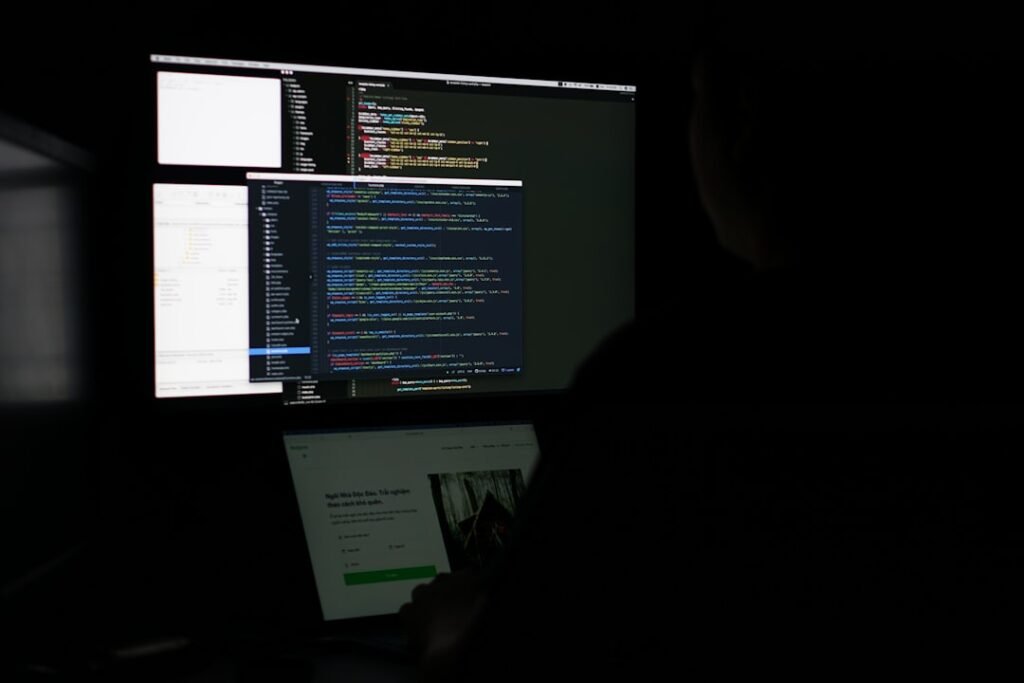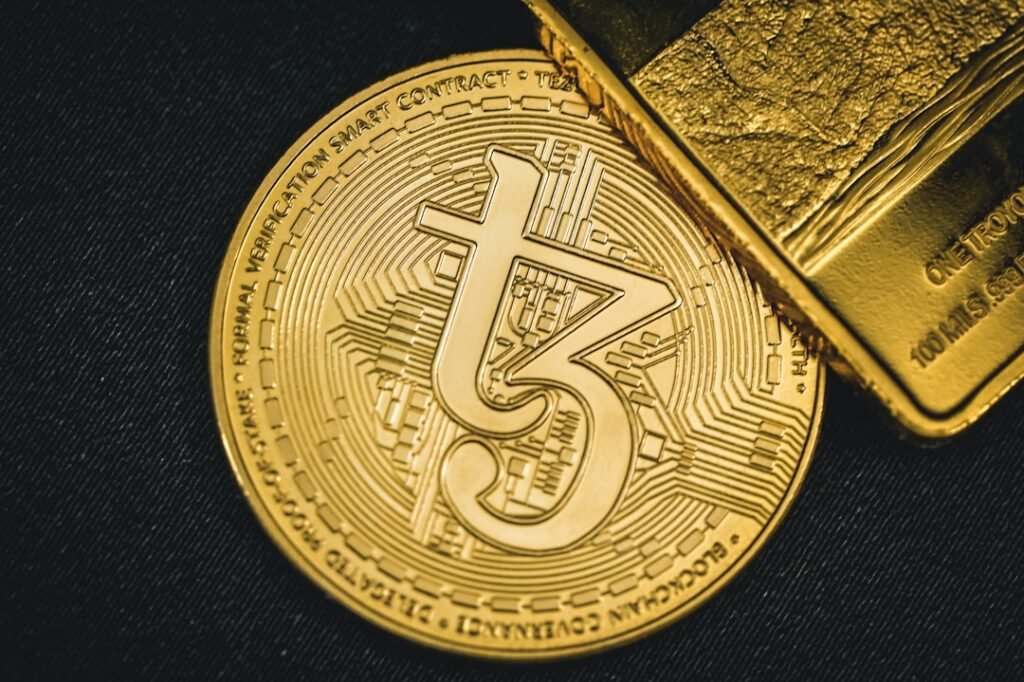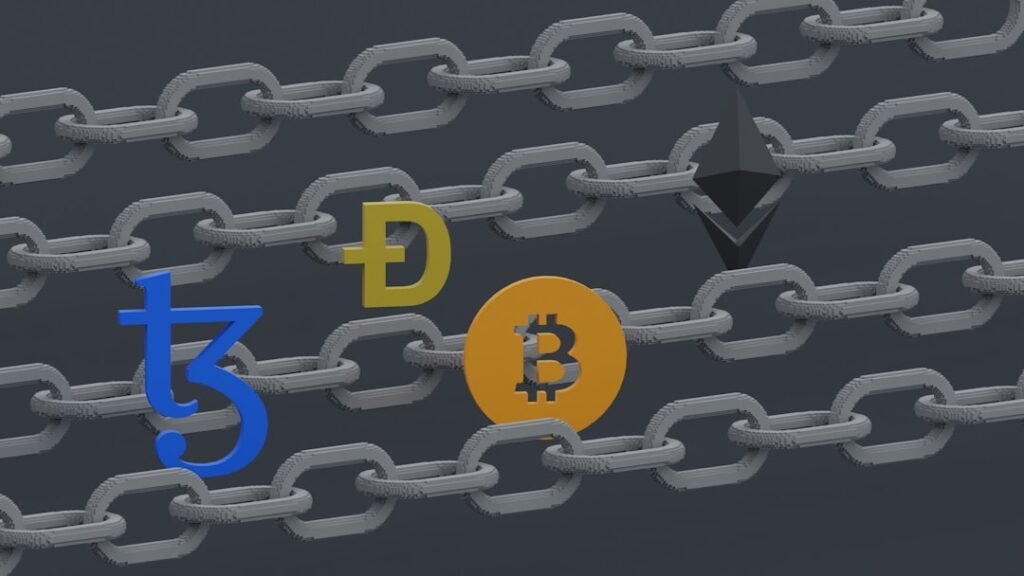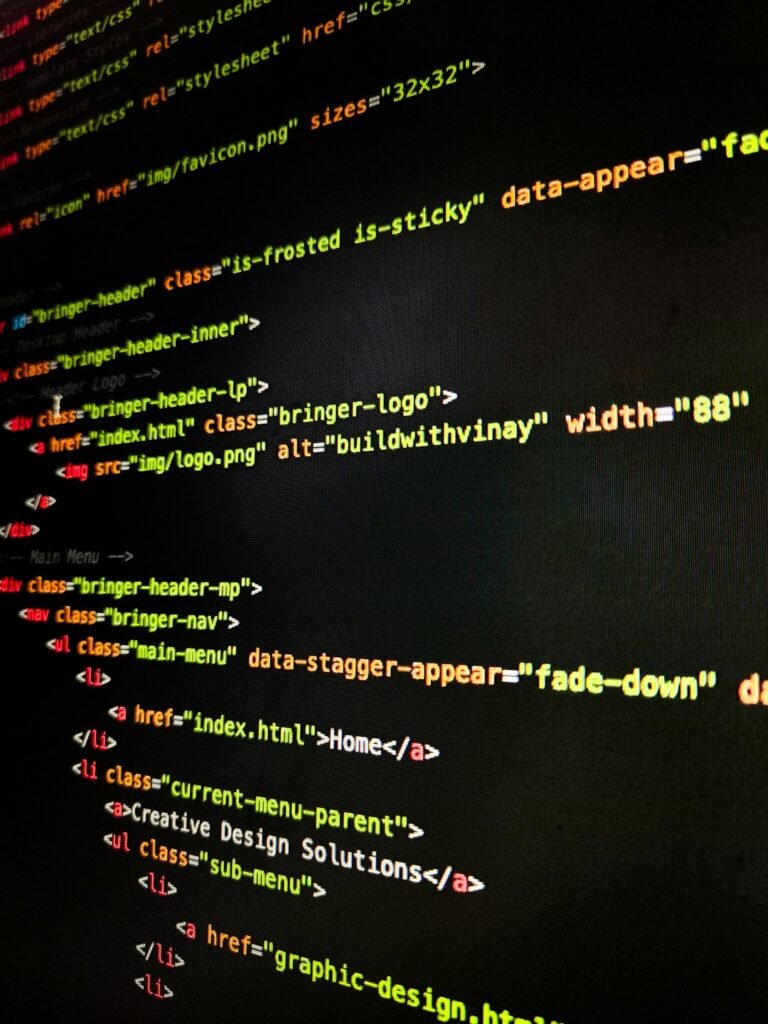Understanding Cryptocurrency Wallet Addresses: The Key to Sending and Receiving Assets
What is a Cryptocurrency Wallet Address?
A wallet address is a unique string of characters that serves as a destination for sending 和 receiving cryptocurrency. Much like a traditional bank account number, a wallet address is your unique identifier that allows you to manage your digital assets securely. These addresses are alphanumeric, usually a lengthy string of letters and numbers, and are specific to each type of cryptocurrency.
Unlike bank accounts that typically have your name associated with them, cryptocurrency wallet addresses are pseudonymous. This means they don't directly reveal your identity. The structure of a Bitcoin wallet address differs significantly from an Ethereum wallet address, with each cryptocurrency having its own distinct format.
The Role of Public and Private Keys
Cryptocurrency wallets operate using a two-key system:
- 公開金鑰: Can be freely shared with others to receive cryptocurrency
- 私密金鑰: A secret code that grants access to manage and send your funds
Your wallet address is mathematically derived from your public key through cryptographic hashing algorithms. This ensures that while you can safely share your public wallet address, your private keys remain confidential to maintain security.
How Crypto Wallet Addresses Work
Generating Wallet Addresses
When you create a cryptocurrency wallet, the software generates a unique address for you. This process involves:
- Creating a mathematically linked public-private key pair
- Applying cryptographic hash functions to the public key
- Adding network-specific identifiers and checksums
- Formatting into the final alphanumeric address
Most modern wallets use Hierarchical Deterministic (HD) technology, allowing them to generate a nearly infinite number of addresses from a single recovery phrase.
Sending Cryptocurrency
To send cryptocurrency:
- Enter the recipient's exact wallet address in your wallet software
- Specify the amount you wish to send
- Confirm the transaction details
- Broadcast the transaction to the blockchain network
Receiving Cryptocurrency
When someone sends you cryptocurrency:
- Provide them with your public wallet address
- They input your address into their wallet application
- The transaction is broadcast to the blockchain
- Network nodes verify and confirm the transaction
Verifying Transactions
Each transaction undergoes verification by a network of computers (nodes) using cryptographic techniques. Once verified, it's added to a "block" and appended to the blockchain – a public, immutable ledger recording all cryptocurrency transactions.
Finding Your Wallet Address
Locating your wallet address is straightforward:
- Open your crypto wallet application
- Navigate to the "Receive" or "Deposit" section
- Your wallet address will be displayed
- Most wallets allow you to copy the address or display a QR code for easy sharing
Types of Crypto Wallet Addresses
Bitcoin Wallet Addresses
Bitcoin addresses have evolved through several formats:
- Legacy (P2PKH): Start with '1' (e.g., 1B7S72VF27rkFtra8GZgCn1RJNhE2su6rY)
- Pay-to-Script-Hash (P2SH): Start with '3' for multi-signature transactions
- Native SegWit (Bech32): Start with 'bc1' (e.g., bc1qf2kdgu2vlctqlnlxk4smkxd68grl5q2we8dzfd)
Ethereum Wallet Addresses
Ethereum addresses:
- Always begin with '0x'
- Consist of 40 hexadecimal characters (e.g., 0xAcF36260817d1c78C471406BdE482177a1935071)
- Used for Ether (ETH), ERC-20 tokens, and NFTs
Other Blockchain-Specific Addresses
Different blockchains have distinct formats:
- Litecoin (LTC): Start with 'L' or 'M' (e.g., LSWDynyeNPevqnERfLBZPUpLMaVibo85i2)
- Ripple (XRP): Start with 'r' (e.g., raNoQsByFJYmzaAvs5FFGcB4q5bvpbDfqh)
- Cardano (ADA): Long strings beginning with 'addr1'
Why Wallet Addresses Matter
Secure Asset Management
Wallet addresses enable secure storage and transfer of digital assets. By sharing only your public address while keeping private keys confidential, you maintain control over your funds without compromising security.
Blockchain Interaction
These addresses serve as your unique identifier across blockchain networks, allowing you to:
- Receive payments for goods and services
- Participate in decentralized finance (DeFi) protocols
- Interact with decentralized applications (dApps)
- Engage with smart contracts
- Transfer assets globally without intermediaries
Financial Sovereignty
Unlike traditional banking systems, cryptocurrency addresses put you in full control of your assets. You're not dependent on financial institutions to access or move your funds, provided you securely manage your private keys.
Web3 Integration
As Web3 technologies evolve, wallet addresses become more than payment destinations – they serve as your digital identity across decentralized platforms, enabling:
- Authentication without centralized authorities
- Ownership verification of digital assets
- Participation in decentralized autonomous organizations (DAOs)
- Cross-platform reputation systems
Critical Safety Practices
Address Verification Protocols
Always double-check wallet addresses before transacting:
- Verify the first and last 4 characters
- Use copy-paste functions instead of manual entry
- Scan QR codes when available
- Confirm the address format matches the cryptocurrency type
Sending cryptocurrency to an incorrect address typically results in permanent loss of funds. Transactions are irreversible, and there's no central authority to recover mistakenly sent assets.
Private Key Security
Your private keys require maximum protection:
- Never share them with anyone
- Avoid digital storage (no screenshots, cloud backups, or email)
- Use hardware wallets for offline storage
- Write recovery phrases on durable materials (metal plates)
- Store backups in multiple secure locations
Wallet Security Enhancements
- Two-Factor Authentication (2FA): Add an extra layer of protection beyond passwords
- Regular Updates: Keep wallet software current with the latest security patches
- Reputable Wallets: Choose well-established providers with strong security track records
- Multi-Signature Setups: Require multiple approvals for transactions
Privacy Considerations
While wallet addresses don't reveal personal information, all transactions are publicly visible on blockchain explorers. To enhance privacy:
- Use new addresses for each transaction
- Consider privacy-focused cryptocurrencies
- Avoid linking wallet addresses to your identity publicly
Advanced Topics
Address Reuse Risks
Reusing the same address for multiple transactions compromises privacy by:
- Creating a public transaction history
- Allowing others to track your balance
- Linking your activities across services
Most modern wallets automatically generate new addresses for each transaction to enhance privacy.
Hierarchical Deterministic (HD) Wallets
HD wallets generate unlimited addresses from a single seed phrase. Benefits include:
- Simplified backup (one recovery phrase)
- Enhanced privacy through address rotation
- Organizational structure for different purposes
Wallet Name Services
Emerging solutions aim to replace complex addresses with human-readable names (like ENS for Ethereum). These services map addresses to simpler identifiers (e.g., yourname.eth), though they require verification fees and introduce new security considerations.
常見問題
What happens if I send crypto to the wrong address?
The irreversible nature of blockchain transactions means funds sent to incorrect addresses are typically lost forever. Always verify addresses before sending.
Can I change my wallet address?
Wallet addresses are cryptographically generated from your keys. While you can't change an existing address, you can generate new addresses within the same wallet.
Are wallet addresses case-sensitive?
Some blockchain addresses are case-sensitive (especially those with mixed case). Always enter addresses exactly as provided to avoid errors.
Is sharing my wallet address safe?
Sharing your public address is safe and necessary to receive funds. However, never share private keys or recovery phrases.
Can I use the same address multiple times?
While technically possible, it's not recommended due to privacy concerns. Most wallets automatically generate new addresses for each transaction.
How long do wallet addresses remain active?
Wallet addresses don't expire. As long as you control the private keys, you can access funds at any time, regardless of address inactivity.
Can I receive crypto from multiple senders simultaneously?
Yes, wallet addresses can receive multiple transactions concurrently. The only limitation might be blockchain network congestion, which could delay confirmations.
總結
Cryptocurrency wallet addresses form the foundation of digital asset management. These unique alphanumeric strings enable secure sending and receiving of value across blockchain networks while maintaining user privacy through pseudonymity. Understanding address formats for different cryptocurrencies, implementing robust security practices, and following transaction best practices are essential for safely navigating the crypto ecosystem.
As blockchain technology evolves, wallet addresses continue to transform from simple payment destinations into comprehensive digital identity solutions within the emerging Web3 landscape. By mastering wallet address fundamentals, you unlock the full potential of decentralized finance while maintaining control over your digital assets.












